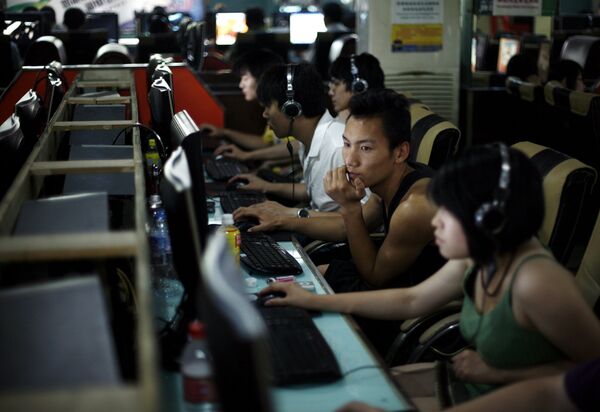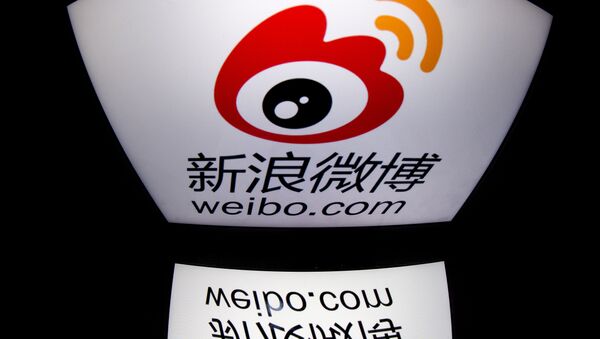The problem of Internet addiction in China is apparently more acute than ever. While earlier the main efforts were aimed at fighting games themselves, today China's Office of Cyberspace has got such streaming services as DOU YIN (TIK TOK) or HUASHU in its crosshairs.
According to a survey conducted by the China Internet Network Information Centre last December, the number of users of various Chinese video platforms in the country was 648 million people, most of them teenagers.
Tao Ran, Director of Psychological Development Centre, has been researching Internet addiction for 15 years, almost since the Internet came into the country. In his opinion, adolescents aged 14-17 are the most susceptible group. According to Common Sense Media, they spend nine hours per day online.
Recent research by the Pew Research Centre shows that teens are aware of the problem, but they are unable or unwilling to do anything about it. The research says that 60% of adolescents – from 13 to 17 years old – admit that they spend too much time on the Internet, with about 9 out of 10 adolescents considering this a problem.
More than half of teenagers (54%) admit that they spend too much time on mobile phones, while 41% spend all their free time on social networks. Astonishingly, 72% of teenagers pick up their phones right after waking up.
According to an independent survey conducted by the Chinese Academy of Social Sciences last year, 20% of Chinese teens watch short videos ''almost all the time."
What about those teenagers who do well in school and for whom games and videos are just their way to relax after a hard day? Is it fair to limit their time on the Internet? Tao Ran says that without proper control, any teenager runs the risk of ''breaking loose'' and becoming addicted:
''Young people have weak willpower. Moreover, some teenagers are so curious that they are hardly able to control themselves. In this case, if the parents are able to control their child and limit their time on the Internet, then some useful videos can help relieve stress. If everything is left unattended, the teenager runs the risk breaking loose and spending all their time on the Internet, and this will affect their studies,'' he said.
The Office's website says that the utility will identify the user’s age and location in order to identify children left unattended by their parents. It is this group of adolescents that is considered the most susceptible to addictions.
''Despite all the government's efforts, many teenagers can resort to the trick and use the accounts of adults to use sites like Tik Tok. Internet addiction is widespread. These restrictions are unlikely to have a major impact on the market. Therefore, I believe that it’s necessary that not only the government, but also parents and schools make efforts. Only then can positive results be achieved by reducing teenagers' attachment to the Internet," he said.

DOU YIN (TIK TOK) is one of the most popular short video platforms in China; it attracts 500 million users daily. According to Business of Apps, 82% of DOU YIN users use the app to search for funny videos, with ''talents'' (56%) and ''everyday life'' (54.1%) being the most popular categories.
According to iResearch Consulting Group, in 2018, DOU YIN revenue amounted to about 14 billion yuan. They forecast strong growth in 2019 and 2020. According to estimates, revenue will amount to $4.8 billion and approximately $8.2 billion respectively.
The question remains open whether the system of restrictions and the policy of the ''green Internet'' pursued by China can affect the video apps market. How will this affect Internet celebrities (streamers, bloggers) who earn money for views? Tao Ran believes that the industry is too large to bear serious losses due to attempts to heal the country’s addiction. In addition, there are still a large number of ways and loopholes to circumvent these restrictions.
''I think the limitations will affect not only vloggers, but also video and gaming industries in general. For them, the more people go crazy over the Internet, the more benefits they can get. Nowadays, they love to create children's content. And such things easily develop addictions in children. Therefore, we should promote the Green Internet (software designed to protect minors from inappropriate content in China), as well as produce more content useful to children,'' he concluded.




